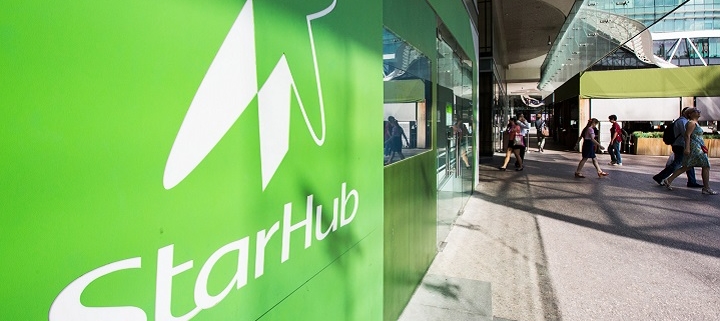How is India benefiting from the pause in data centre expansion in Singapore
Around the world, digitalisation in the workplace and soaring use of internet-related services especially during the pandemic has significantly boosted global data centre utilisation. There is also a rise in the use of productivity applications like customer relationship management tools, enterprise resource planning and databases, big data, artificial intelligence and machine learning, virtual desktops, communication and collaboration applications.
In our daily lives, we are increasingly reliant on digital devices. There are currently more than seven billion Internet-connected devices that generate and use data. These data need to be captured, routed, stored, evaluated and retrieved. With the proliferation of the Internet of Things (IoT), manufacturers are relying on big data and data analytics to enhance the efficiency, productivity, security, and cost-effectiveness of their operations.
Adding to the demand for data services is the popularity of social media. For example, YouTube has seen phenomenal growth in a video being uploaded to its platform. Five years ago, about 80,000 hours of video were uploaded to YouTube a day. Today, this has grown five-fold to 720,000 hours with one billion hours of video being consumed on YouTube every day.
Video-on-demand streaming services and OTT (over the top) television services also require data bandwidth and storage.
Last week, Alibaba Cloud while unveiling its new server chip, Yitian 710, also announced plans to expand in the Asia Pacific region by setting up data centres in South Korea and Thailand in 2022. The aim is to tap the opportunities presented as these countries continue to digitise and transform their economies and businesses. Earlier, it had announced the launch of its first data centre in the Philippines. Besides China, in the Asia Pacific region, it already has data centres in Japan, Singapore, Australia, India, Malaysia, and Indonesia.
This comes on the back of Amazon Web Services (AWS) plan to open an infrastructure region in New Zealand in 2021. AWS had already announced plans to operate AWS Regions in various countries including Australia, India, and Indonesia.
…




